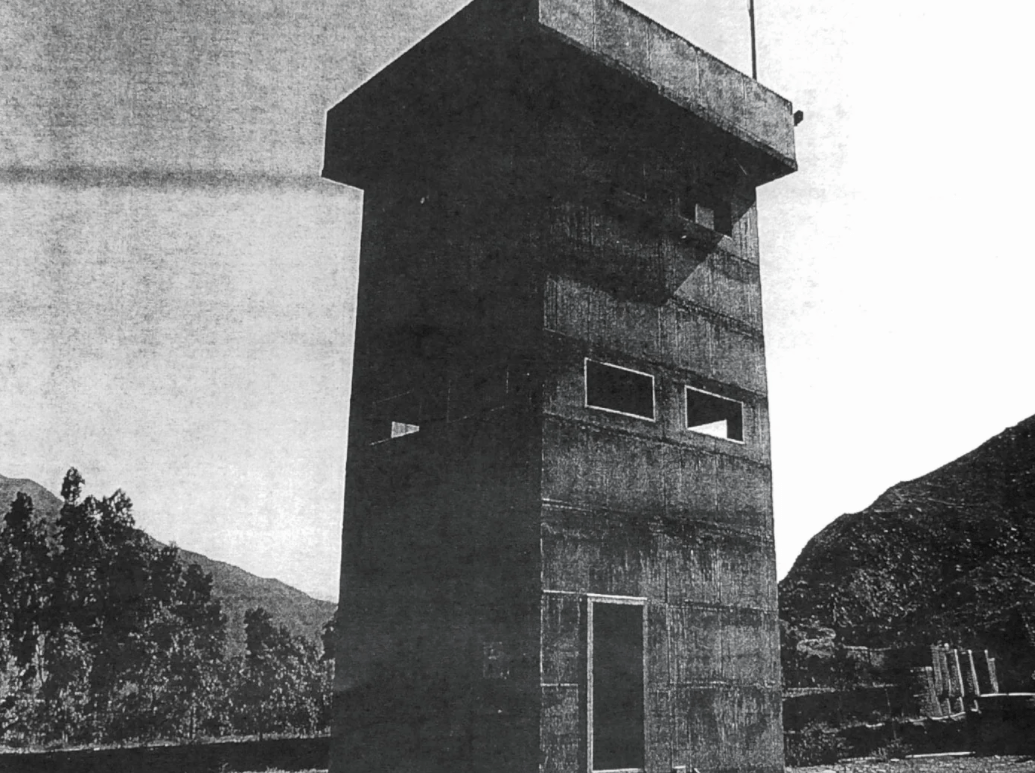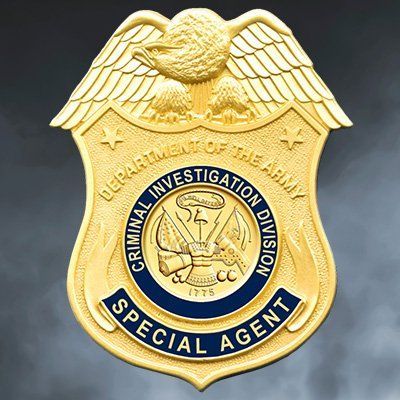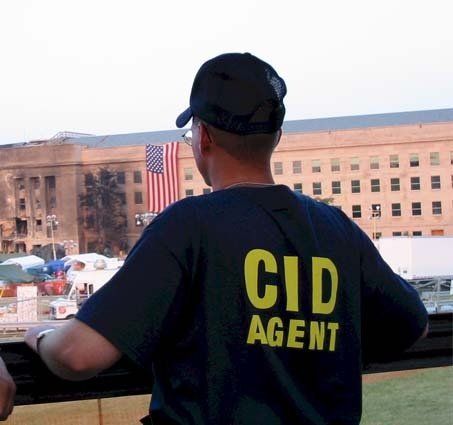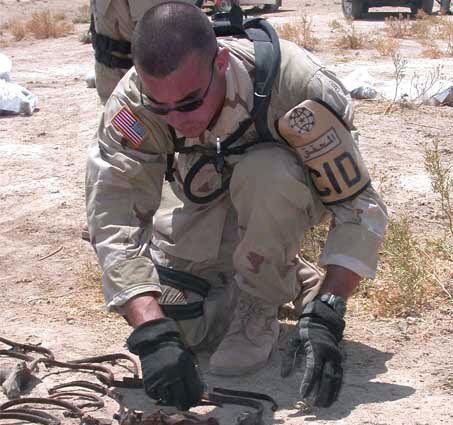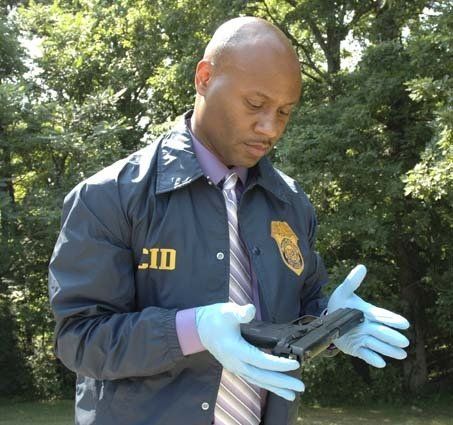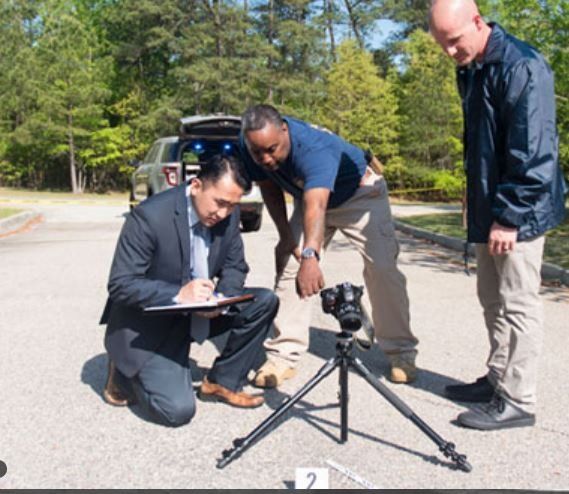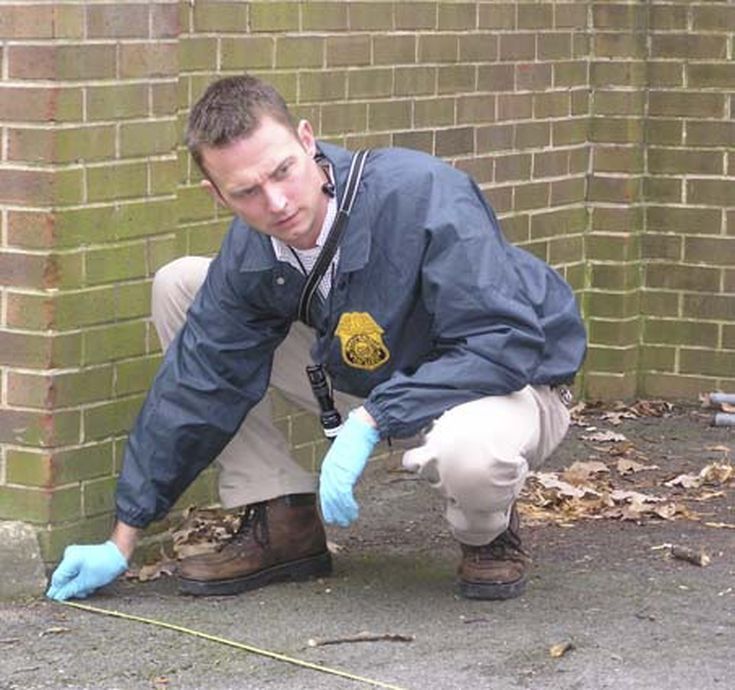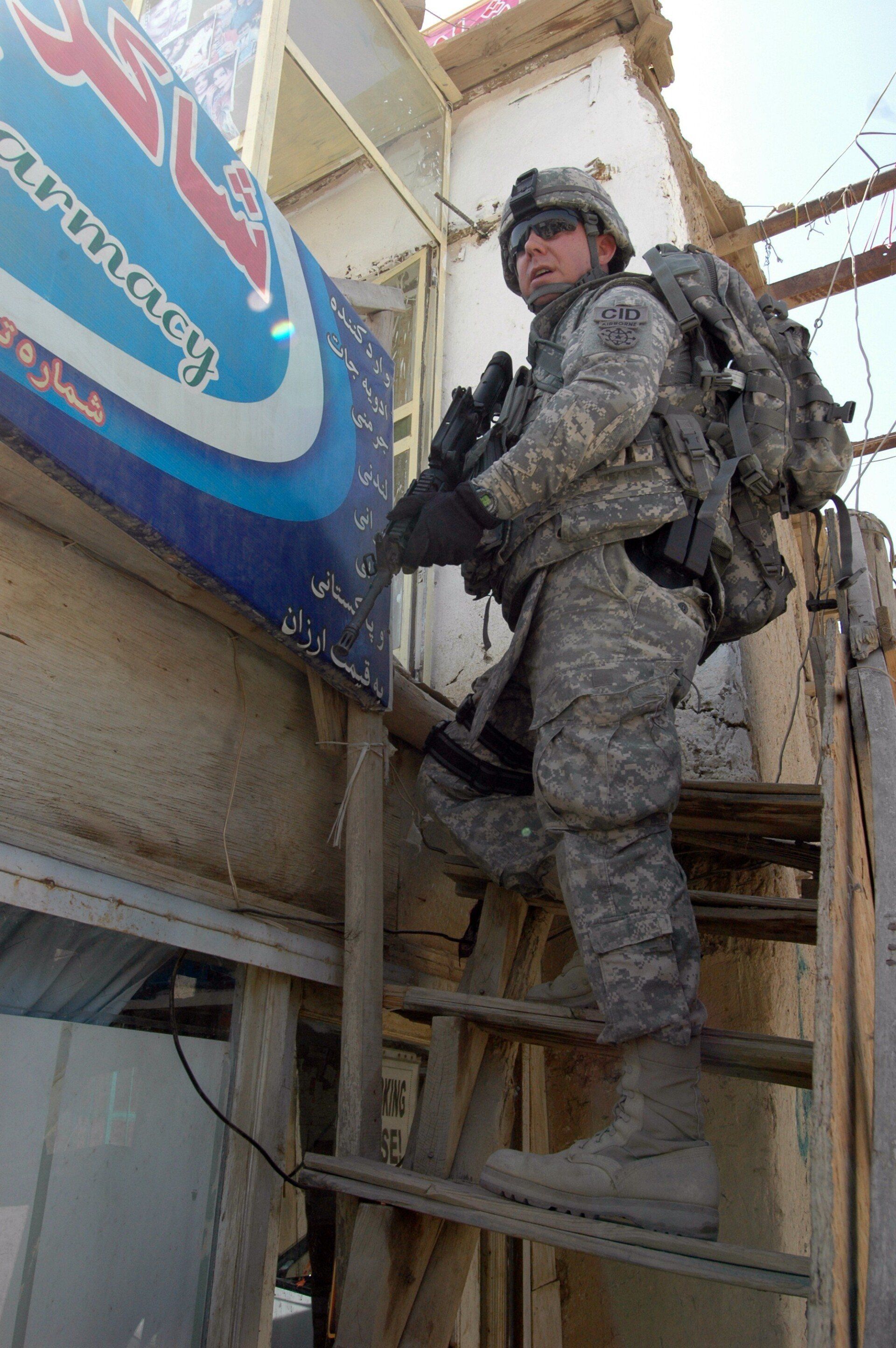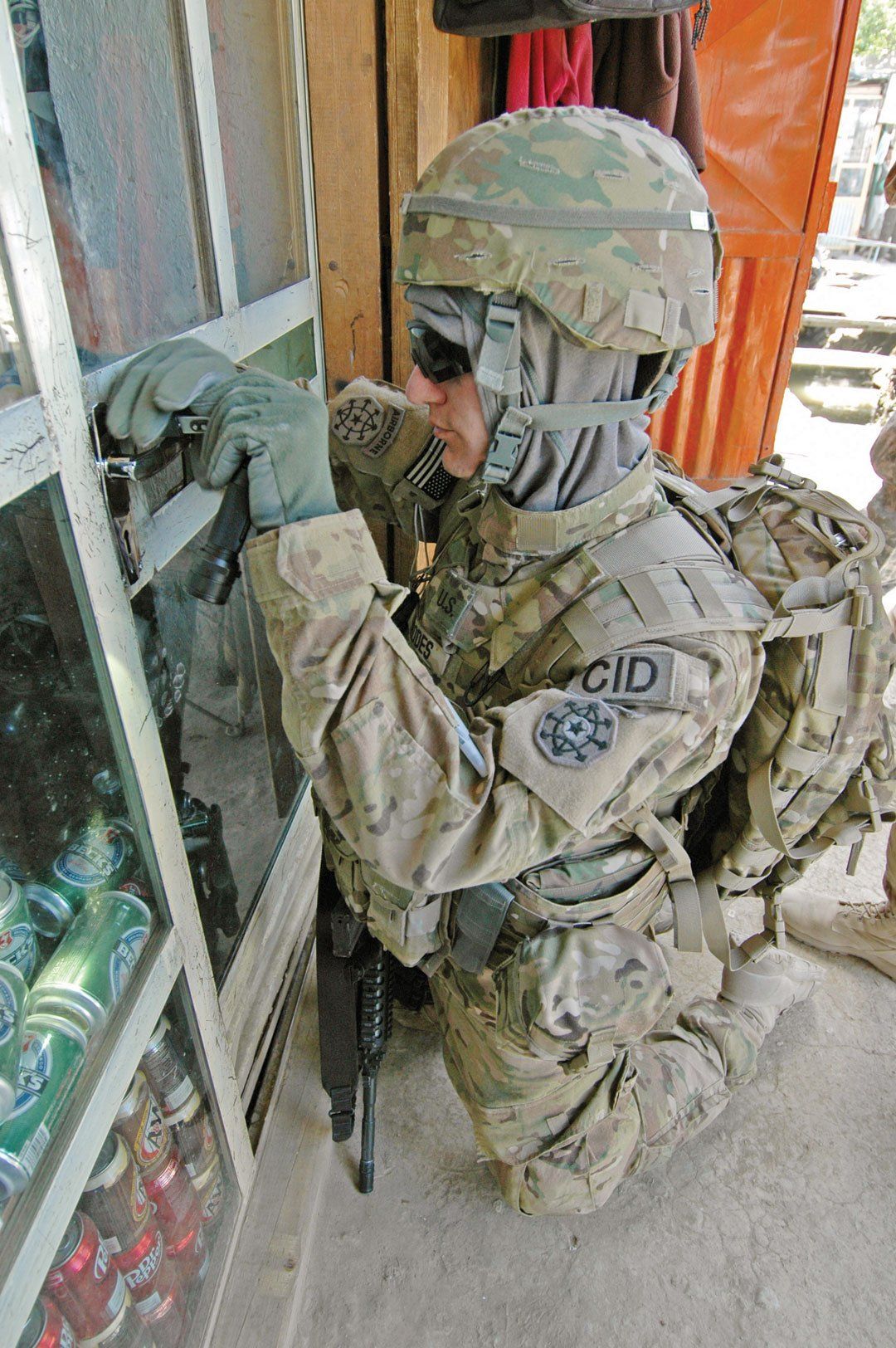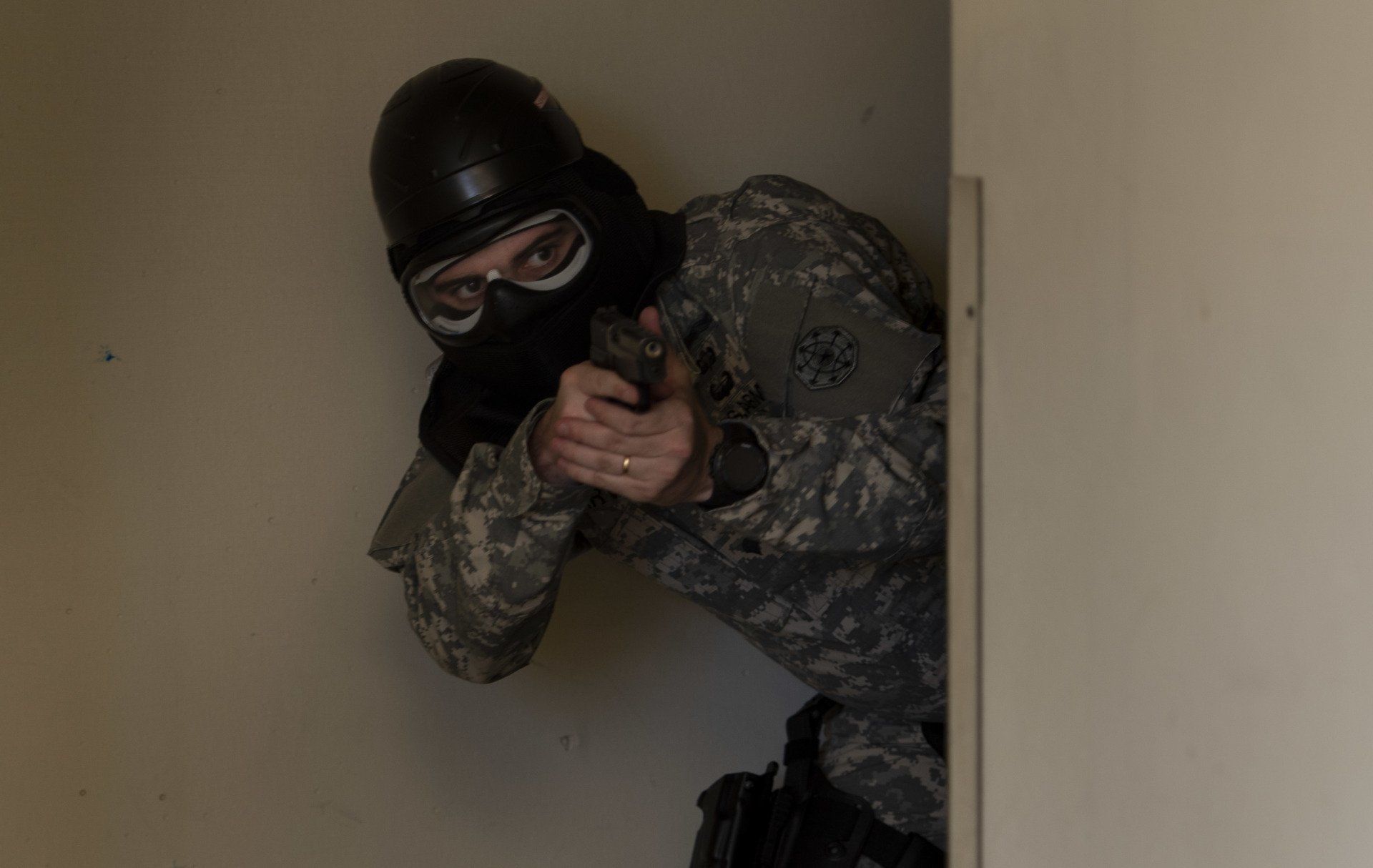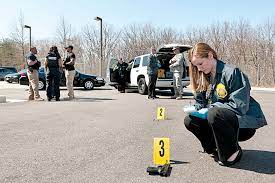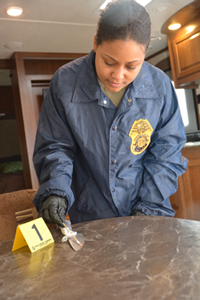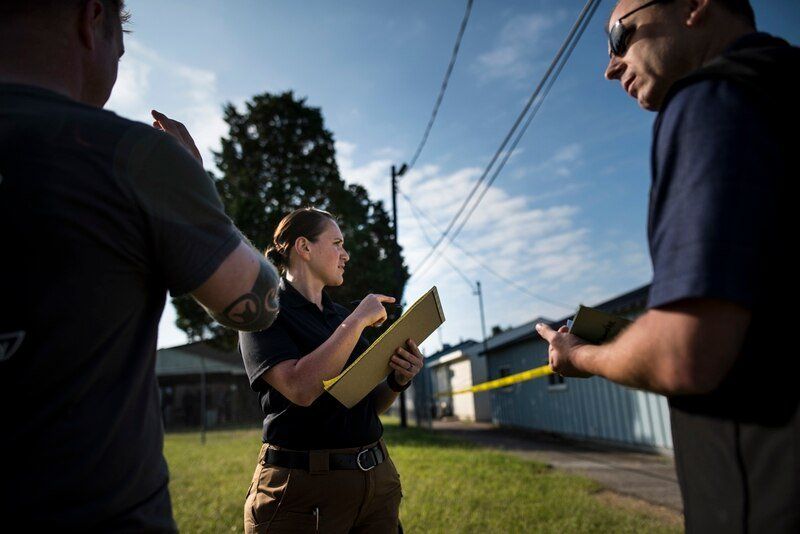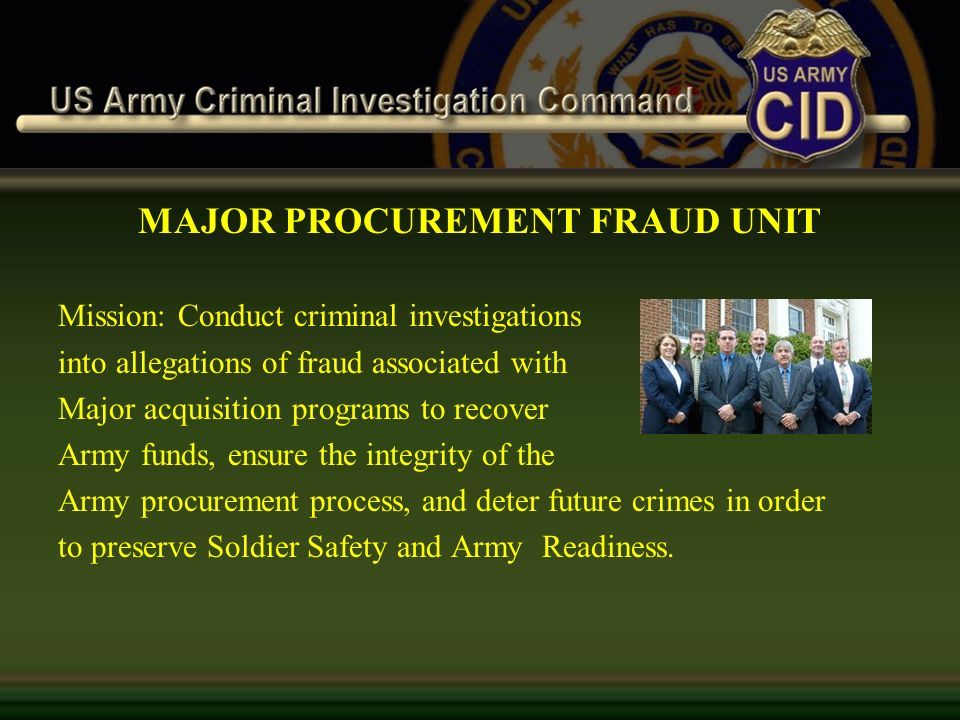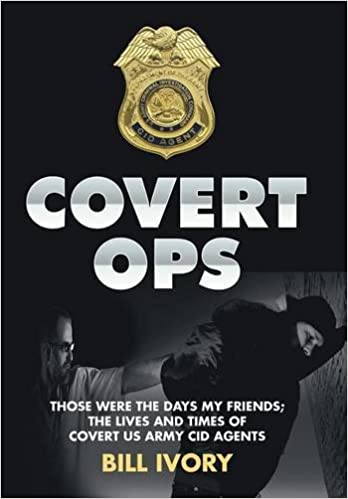This website is an independent educational resource and NOT affiliated with any official U.S. government agency.
About Army CID
The U.S. Army Criminal Investigation Division, commonly known as CID, was originally organized as a major command of the U.S. Army to provide investigative services to all levels of the Army. In November 1918, General John Pershing directed the Provost Marshal General of his American Expeditionary Forces to organize a criminal investigation division within the Military Police Corps for the purpose of detecting and preventing crimes within the territory occupied by the American Expeditionary Forces. The Criminal Investigation Division (CID) was headed by a division chief who served as the CID advisor to the Provost Marshal General on all matters (administrative and technical) pertinent to criminal investigation. Operational control of CID, however, remained with individual provost marshals.
After several internal realignments to facilitate centralization; on September 17, 1971, the U.S. Army Criminal Investigation Command was established as a major Army command. The CID Command was vested with command and control of all Army criminal investigation activities and resources worldwide. In 2021, a radical reorganization involving a civilian director was announced. This also resulted in changing the name from Command to Division. Today, the U.S. Army Criminal Investigation Division headquarters is located at Quantico, Virginia, and serves as the US Army's primary criminal investigative organization responsible for felony level criminal investigations.
Army CID Overview
Comprised of approximately 900 special agents and 1100 administrative staff, CID supports the Army through the deployment, in peace and war, of highly trained Special Agents and support personnel, the operation of a certified forensic laboratory, a protective services unit, computer crimes specialists, polygraph services, criminal intelligence collection and analysis and a variety of other services normally associated with law enforcement activities. CID has extensive involvement in crimes against persons (i.e. homicides, sexual assaults, robberies), procurement fraud and protective details.
Straight Talk - Army CID
CID is a relatively small federal agency that is hyper-focused on the investigative needs of the Army. Depending on their personnel status (military vs. civilian), the day to day duties can vary drastically. Military Special Agents respond to general crimes and routinely deal with crime scenes. Conversely, Civilian Special Agents provide specialized support in areas such as computer intrusions, polygraph interviews and major procurement fraud. Unlike their counterparts at OSI, NCIS and CGIS, Army CID does not have primary counterintelligence responsibilities. Additionally, top leadership within Army CID previously comprised of non-agent officers within the Provost Marshal General of the Army, which had been a persistent source of discontent among the rank and file. Following the fallout of the Fort Hood Report, a historical reorganization was announced in 2021, which resulted in a civilian director, separation from the Military Police chain of command, credentialed military officers assigned to CID with specialized investigative training and less protective details. The 2022-2023 Army CID Year in Review is a must read document for those interested in the current re-organized Army CID.
The CID workforce is comprised of civilian and military personnel.
All CID special agent personnel must complete an academy prior to appointment.
Since CID is an Army organization, it falls under a 2-star general officer command structure. Read More.
The largest cadre of personnel are military special agents; which are comprised of Enlisted, Non-Commissioned Officers and Warrant Officers. Military special agent selection is an internal process within the U.S. Army. Read More
The requirements for civilians obliviously vary. Civilian 1811 jobs are posted on USAJobs. Read More.
Direct Accession Program
If you are a college graduate interested in joining the Army and having a career as a federal law enforcement officer, you may be interested in the CID Direct Accessions Program. Successful applicants must complete 31B Military Police One Station Unit Training (OSUT) and the CID Special Agent Course (CIDSAC).
CID Academy Training
Once selected to become a Special Agent with CID, military trainees will attend 16 weeks of specialized training as part of the CID Special Agent Course at the U.S. Army Military Police School at Fort Leonard Wood, Missouri. This academy has been accredited by the Federal Law Enforcement Training Accreditation Board. All Army students graduating from the course become certified CID Special Agents, providing criminal investigations for the U.S. Army Criminal Investigations Command. All CID Special Agents (military and civilian) are recognized as Federal Agents under Title 28 Code of Federal Regulations (CFR), Part 60.3a (2).
In contrast to military special agents, Civilian 1811 Special Agents must attend the standard Criminal Investigator Training Program (CITP) in Brunswick, Georgia.
-
NYT Article
Button
CID Civilian Director
For the first time in its history, Army Criminal Investigation Division (CID) will be led by a Civilian Director. This follows the recommendations in the Fort Hood Report and sets the stage for a higher ratio of civilian criminal investigators to military special agents. Read Official Release
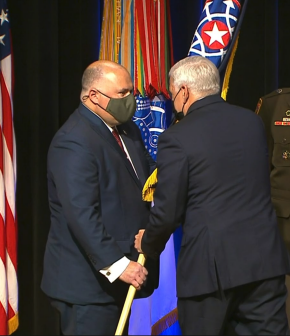
Official Youtube
Army CID Productions
Army CID has an informative series of YouTube videos that cover recruiting, training, overseas operations and investigative specialties (i.e. forensics, cyber crime, fraud).
Official CID Overview
I located this fascinating Army CID official Annual Historical Review. This 2014 document provides an amazing summary of CID operations, challenges and future outlooks. You will learn more about CID by reading this review than anything else on the Internet!
CID in Hollywood
Fallen Special Agents
Like their counterparts in OSI and NCIS, Army CID Special Agents deployed extensively during the wars in Iraq and Afghanistan. Special Agent Joseph M. Peters, 24, was killed by an improvised explosive device while conducting combat operations in Kandahar Province, Afghanistan. Three other Soldiers were also killed during the incident.
CID on Pintrest
I found this Pintrest Page that gives a fascinating visual overview of CID history and current operations. Enjoy!
Leave No Soldier Behind
On the morning of May 11, 2008, a U.S. Army private second class named Matthew Warren Brown died of a single gunshot wound to the head while manning a watchtower at a forward operating base in Afghanistan. Read More
